The Arlington Early Education and Care

About Verified ( ) Centres
What Is a Verified Centre?
Verified Centres are vetted by Care for Kids. As part of this process, Verified Centres undergo a financial assessment to ensure their reliability and credibility. We maintain an ongoing relationship with Verified Centres and provide them with support so they can offer you fresh and accurate information.
Learn more about our T&Cs.
Why Choose a Verified Centre?
- Trust & Peace of Mind - listing data for Verified Centres is regularly checked and updated
- Transparency – Verified Centres adhere to our evaluation process so you can make informed decisions
- Simpler Search – Spot trusted providers at a glance and save time finding quality childcare
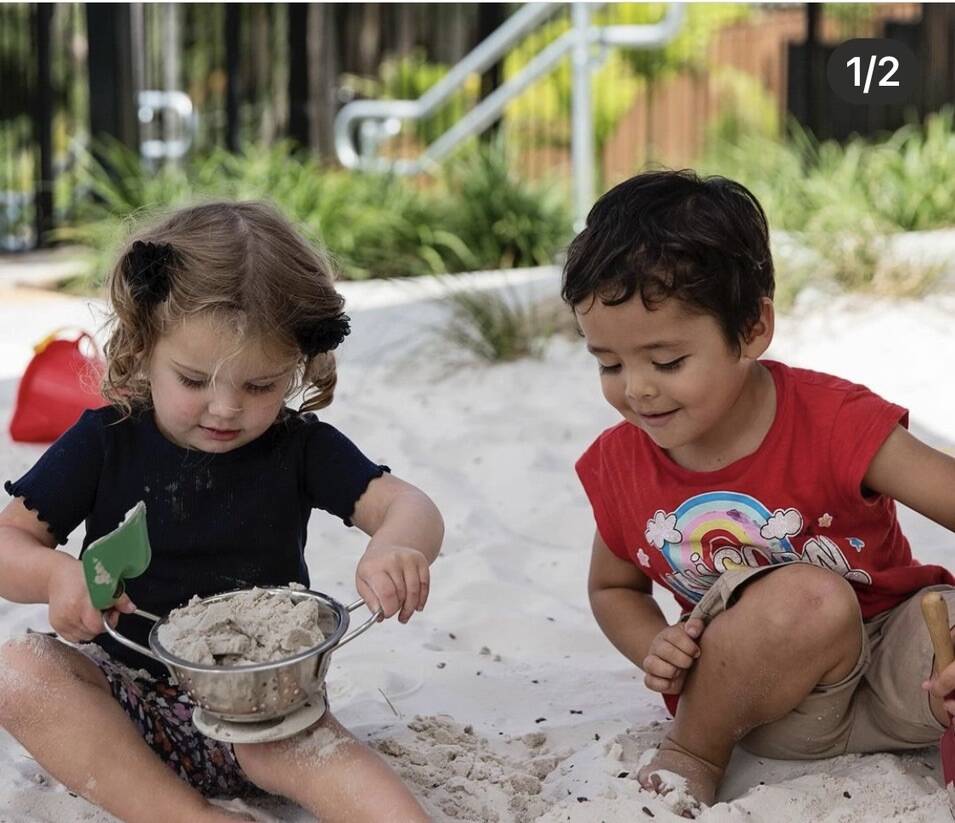









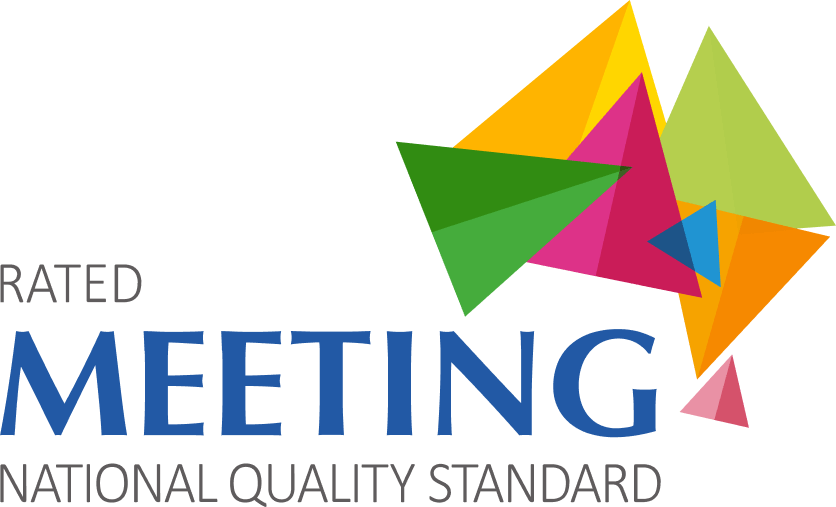
The Arlington Early Education and Care Centre overview
Discover Exceptional Childcare at The Arlington in Toowong!
Nestled in the heart of leafy, historic Toowong, in one of Brisbane’s most iconic character homes, The Arlington offers an unparalleled educational experience for children, families, and staff alike.
With picturesque river views and a stunning city backdrop, our centre seamlessly blends charming historical features with cutting-edge facilities, all set within a sprawling natural playscape.
Ready to give your child the best start? Contact us today to learn more about our opening date, innovative learning curriculum, and educational philosophies at The Arlington!
* Healthy Meals Provided
* Nappies, Wipes & Linen included
* New hat & shirt upon enrolment
* All inclusive incursions and local excursions
* Extra Cirricular activites all included (Languages, Raw Art, Sport & Fitness programs)
Fees & Vacancies
The Arlington Early Education and Care Service features
See more (10)The Arlington Early Education and Care service include:
Get to know us
About the Curriculum
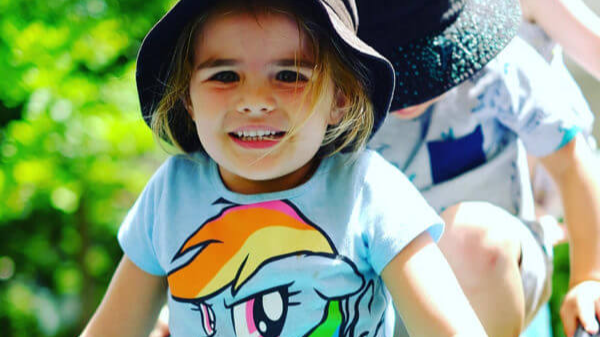
About the Curriculum
Active Early Learning (AEL) Curriculum: Building Healthier, Fitter, and Smarter Kids
At The St Clare Group, we prioritize the holistic development of children, which is why we've implemented the Active Early Learning (AEL) Curriculum across our centers. Designed to foster healthier, fitter, and smarter children, this curriculum goes beyond mere physical activity to cultivate fundamental movement skills, motivation, and physical confidence in young learners.
What is AEL?
The AEL Curriculum is a comprehensive physical literacy program developed through a two-year partnership between the University of Canberra, Deakin University, and Active Early Learning. It seamlessly integrates core movement education into our early learning center curriculum, providing children with a solid foundation for a healthy and active lifestyle both now and in the future.
Benefits Identified by the University of Canberra
Through extensive research conducted by the University of Canberra, the AEL Curriculum has shown remarkable benefits, including:
- Improved Fundamental Movement Skills: Enhancing confidence and enjoyment in physical activities.
- Enhanced Memory and Cognitive Abilities: Contributing to better academic performance.
- Positive Social Behaviors: Encouraging empathy, sharing, negotiation, and teamwork.
- Increased Focus and Classroom Confidence: Preparing children for academic success.
Why Choose AEL?
AEL's world-class curriculum fosters engaged learners who develop essential physical, social, psychological, and cognitive skills. By participating in the AEL program, your child will experience:
- Healthier Lifestyle: With an additional 28 minutes of daily exercise, surpassing WHO recommendations.
- Improved Physical Fitness: Developing stronger muscles and joints through active play-based games.
- Enhanced Academic Performance: Demonstrating up to a 20% improvement in NAPLAN test results.
- Solid Foundation for School: Equipping children with the vocabulary, cognitive skills, and behavior necessary for success in the classroom.
Join Us in Supporting Your Child's Development
Are you ready to learn more about how the AEL Curriculum can benefit your child? Contact us today to discover how we can support your child's journey towards becoming healthier, fitter, and smarter individuals.
Programs
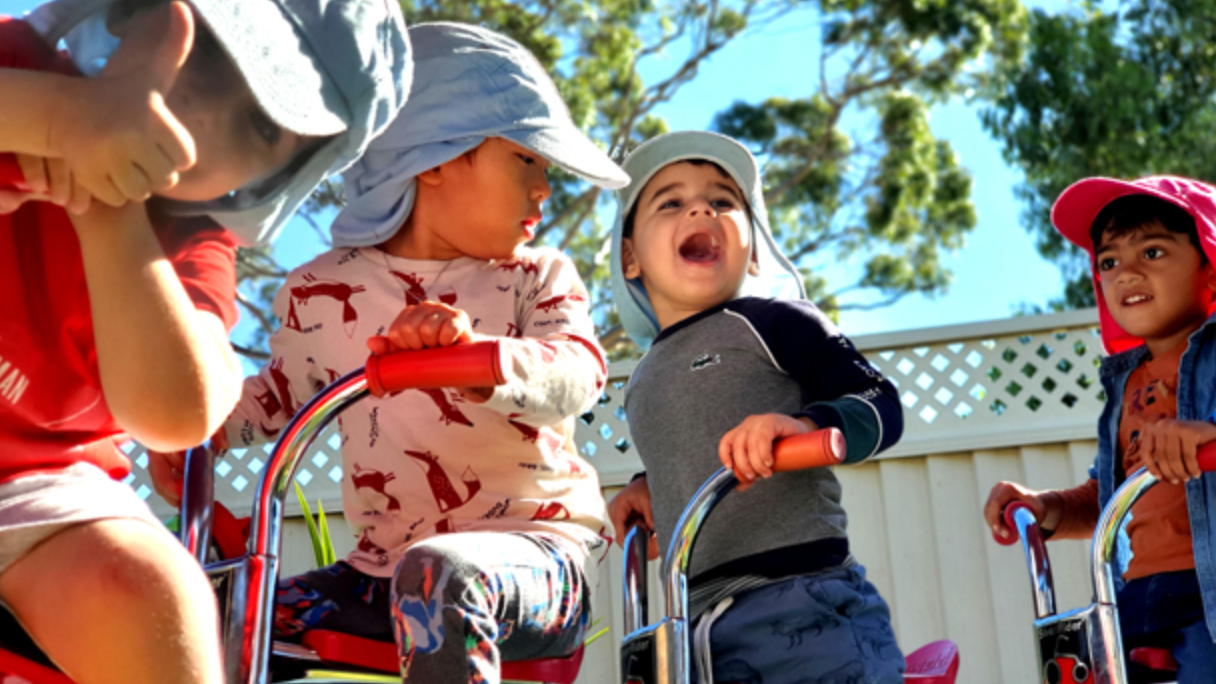
Programs
1. The Reggio Emilia Approach
The Reggio Emilia Approach is a child-focused educational practice which is named after the city in which it was first developed and practiced, in Italy’s Emilia-Romagna region. The Reggio Emilia approach was developed by educator Loris Malaguzzi, who functioned under the belief that children are both smart and capable enough to construct their own learning pathways.
This practice is implemented within some of our centres. We strongly believe that children can construct their own knowledge and hold the ability to develop thoughts and ideas independently, as practised within the following principles:
- Children are capable of constructing their own learning
- Community is important and children learn by collaborating with their communities
- Humans are natural communicators and children should be encouraged to express themselves
- The environment is the third teacher and must be enriching and supportive
- Teachers are partners, nurturers and guides to children and help them explore their interests through projects
- Children’s learning must be documented
A key tool of the program is found within the poem written by founder Loris Malaguzzi, “No Way. The Hundred is There“, voicing the idea that children are at the centre of this educational approach, equipped with 100 languages.
In Reggio, the expression ‘the environment as the third teacher’ shares Malaguzzi’s belief that the physical environments in which we raise and educate children have a strong impact on the nurturing, learning and development they receive. There is a key emphasis which is placed on the quality of the learning environment, which is why our centres boast state-of-the-art facilities. Productive learning environments can both support and enrich a child’s ability to enhance their ‘sense of self’. Educational environments which actively participate in the Reggio Emilia Approach encourage creativity, active communication, personal relationships, teamwork, learning, ethics, and responsibility.
2. Montessori Method of Education
The Montessori approach to education inspires children to become confident, responsible, independent learners, who are enabled and encouraged to trust in their own abilities. The inclusivity and positive social development facilitated by the Montessori program forms the basis for a persistent attachment to learning and knowledge.
Research has shown that children in a Montessori approach has shown more success than any other educational approach in the world. The Montessori method offers 5 areas of study: Practical Life, Sensorial, Math, Language, and Cultural Studies.
- Practical life: In this area the children develop fine motor control, coordination, independence, concentration and a sense of responsibility.
- Sensorial: The activities in the sensorial area help children broaden and refine their senses and enable them to become more logical, perceptive and aware.
- Math: This area of activities gives a sequential understanding of mathematical concepts.
- Language: The activities in this area enable the children to engage with each other and achieve collaboration and cooperation. Many Montessori schools choose to teach Italian, due to the country in which the program was founded.
- Cultural activities: These holistic activities help the children develop an interest in learning about the world, science, nature, history, culture, music and art.
The Montessori classroom is a well-prepared environment with specific Montessori materials for each area. Each child works independently by choosing the activities from the five areas of learning. By engaging in all the activities from these five areas, the Children develop a strong foundation for both their academic and personal wellbeing.
Montessori education contributes many benefits to the child’s early learning. The hands-on experience, practical day to day application, and problem-solving activities help the child to become an active learner for life. Through Montessori education each child becomes a confident, responsible, independent learner, who trusts in his/her own abilities. Research has also shown that Montessori children develop a greater sense of community.
Our early childhood education service operates QLD Government Approved Kindergarten Programs for children in the year prior to attending Prep.
In a kindergarten program, your child will participate in play-based learning experiences designed to encourage a child’s physical, social, intellectual, language and emotional abilities.
Our Educators implement early education programs designed to match individual child’s needs. Learning is observed, documented and reflected upon, to guide further learning experiences and enhance children’s learning and development.
What will my child learn at kindergarten?
- Use language to communicate ideas, feelings, and needs
- Make friends and learn how to cooperate with other children
- Become more independent and confident in their abilities
- Develop self-discipline
- Use their creativity to express ideas and feelings through art, dance and dramatic play
- Identify, explore, and solve problems
Meet the team
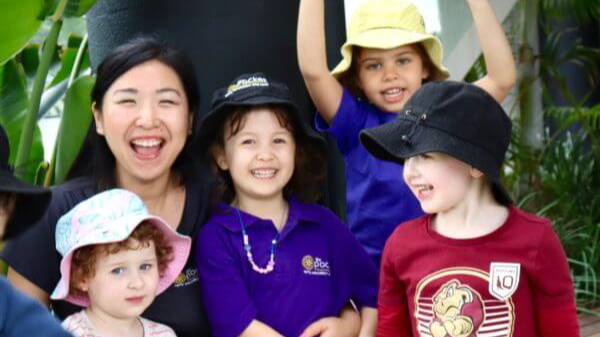
Meet the team
The Arlington’s team of dedicated early education professionals is growing with a strong focus on encouraging a joy of learning in children.
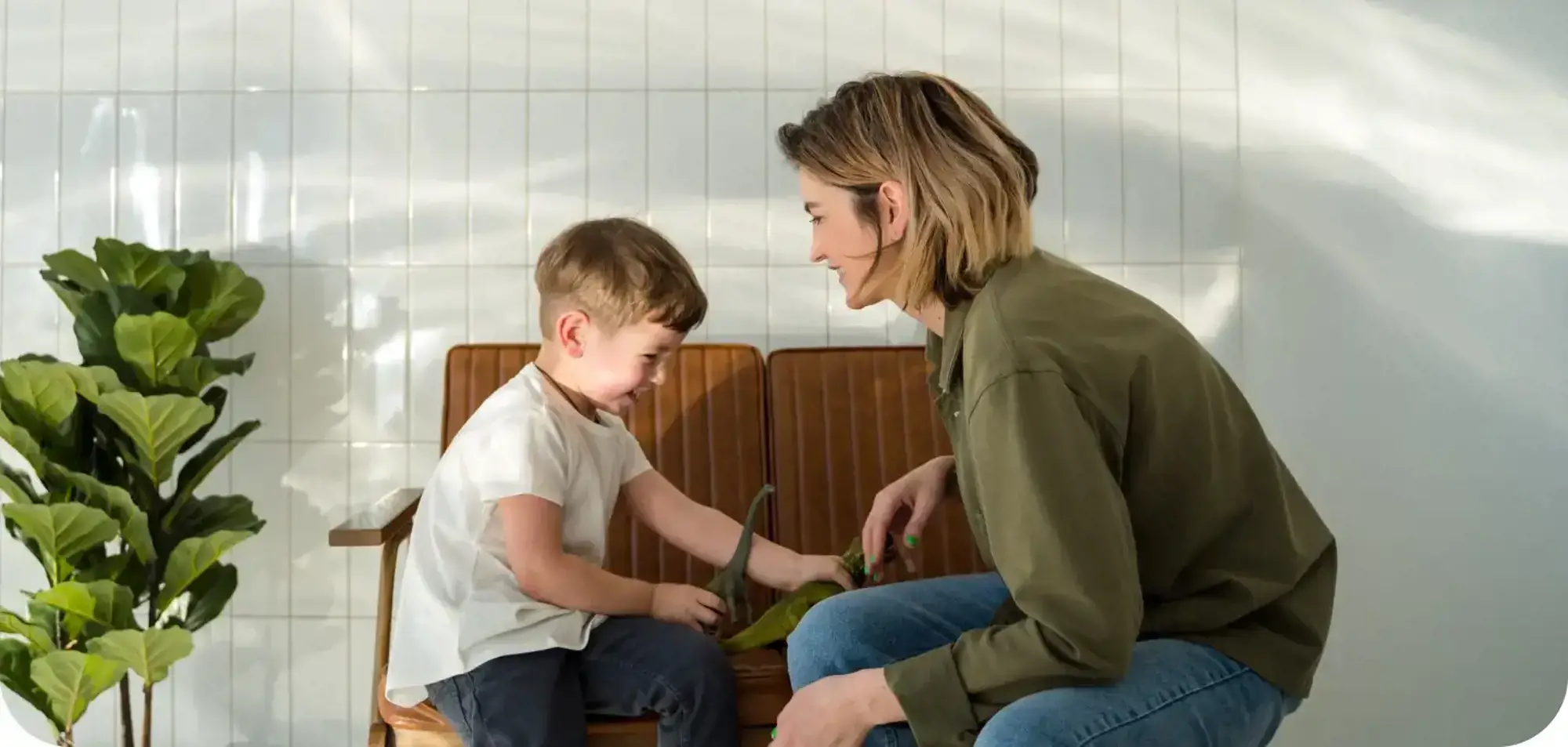
Interested in this centre but want to keep looking?
Share and add to your favourites for laterLocation
28 Woodstock RoadToowong, QLD, 4066


Centre Reviews
We have had such a wonderful experience at the Arlington. The staff are all incredibly friendly, understanding and accommodating. Everyone knows my daughter... We have had such a wonderful experience at the Arlington. The staff are all incredibly friendly, understanding and accommodating. Everyone knows my daughter by name and goes out of their way to make her feel safe and comfortable. The facilities are stunning with an incredible outdoor play area that my little one just adores. I’m so grateful to have found the Arlington. Read more
Extremely appreciative of the educators at the Arlington, who have supported our daughters development through her early years. The educators are attentive, thoughtful... Extremely appreciative of the educators at the Arlington, who have supported our daughters development through her early years. The educators are attentive, thoughtful and flexible when considering the needs of the children in their care. We will miss sending our little one to this amazing childcare! Read more
